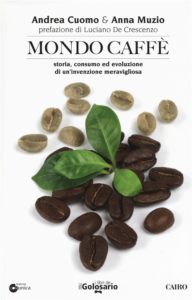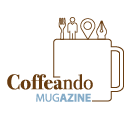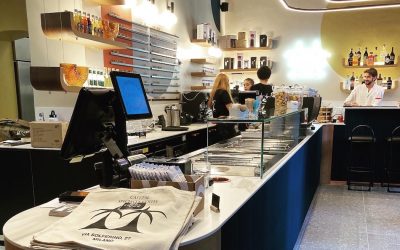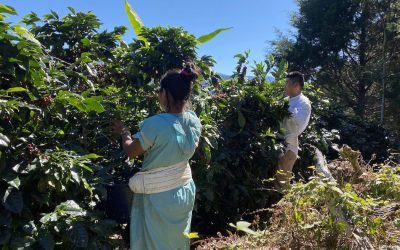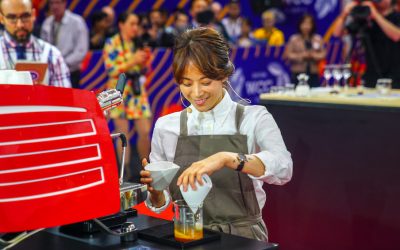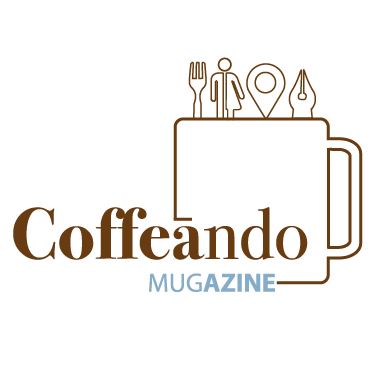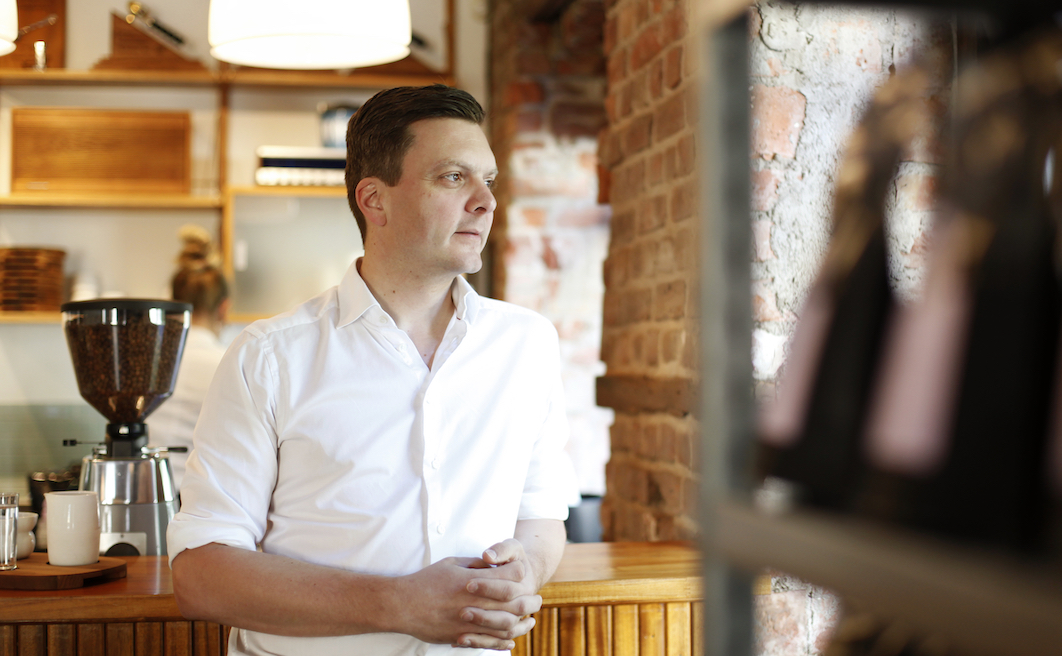
The microroaster, barista and thirdwaver from Oslo explains how customer relationships have changed and how he survived the Coronavirus with e-commerce and takeaways, part-time openings, tutorials on social networks and dialogue with producers.
.
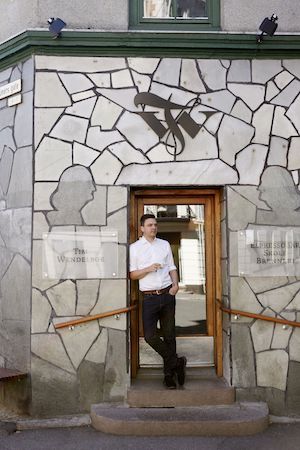
Tim Wendelboe is a coffee purist. From his roastery of Tøyengata 29c, he ships coffee beans in specialty bars, cafés and restaurants all over the world. His coffee shop in Grünersgate 1 in Oslo focuses in coffee exclusively. He explains why: “We try ti challenge our customers’ habits, and help them explore what coffee can be, not what thet think it should be”. He is one of the big names of Third Wave in Europe and beyond, with his dedication in wanting to “serve the best cup of coffee every day”, direct relationships with producers, his constant search for the best single origin.
On April 27 he reopened his beautiful and award-winning cafeteria to the public. We asked him how he experienced this lockdown period and what he expects for the future.
How did you face the Covid-19 emergency?
We had to close down our store immediately because the regulations passed by the government was a little unclear to us. It stated that cafes not serving food had to close. Since we only sell coffee drinks and beans we decided to close down the cafe but we did open 2 days per week where people could come and buy coffee beans for brewing at home. We had this model until after Easter, so for 6 weeks. It was quite successful as Norwegians make a lot of coffee at home. When kindergardens started to open up we decided to open our cafe for takeaway coffee while still selling coffee beans of course. We have slightly modified opening hours, opening a bit later at 11am instead of 8:30 as normal. It is running quite ok at the moment. The downside is that our guests can’t sit and enjoy the coffee in our cafe, but the upside is that it is easier to handle so we need less baristas at work. It actually means we can still make a profit although sales are slightly lower.
During the whole period we have still been operating our webshop and roastery sending coffee beans to customers all over the world. This has really saved us as our wholesale business is down with 70% because most restaurants and offices are closed. It means we sell more to the end consumers through our webshop and less to businesses at the moment, but we are keeping the business running, just with less workers.
What is the situation now?
We are still running the takeaway and selling beans, but we might open up for more if governmental regulations allow for it. I doubt it will happen until after summer though.
We are also planning to launch a coffee kombucha that we can sell by the bottle for taking home although this was planned since last year. Next week we will also be a part of a new pilot project where people can order coffee beans online and get it delivered to their door within 2 hours. I hope that will be successful too.
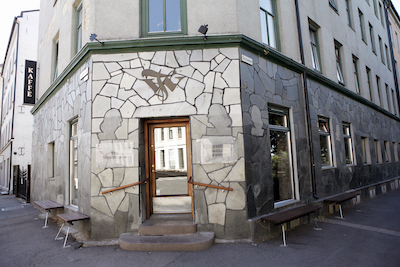
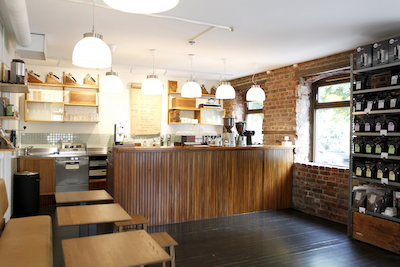
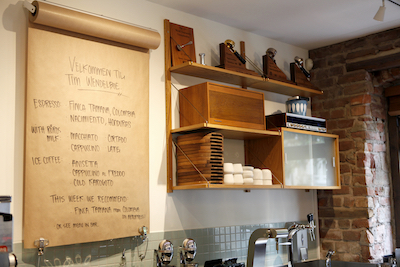
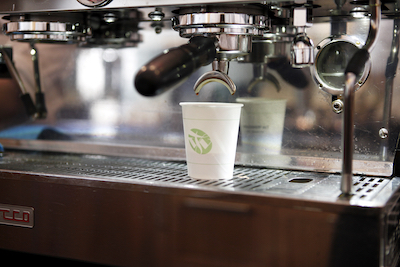
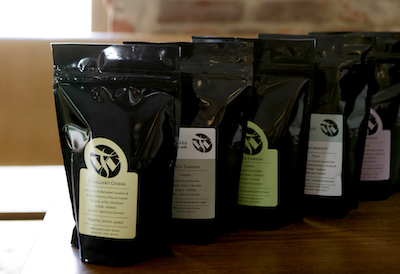
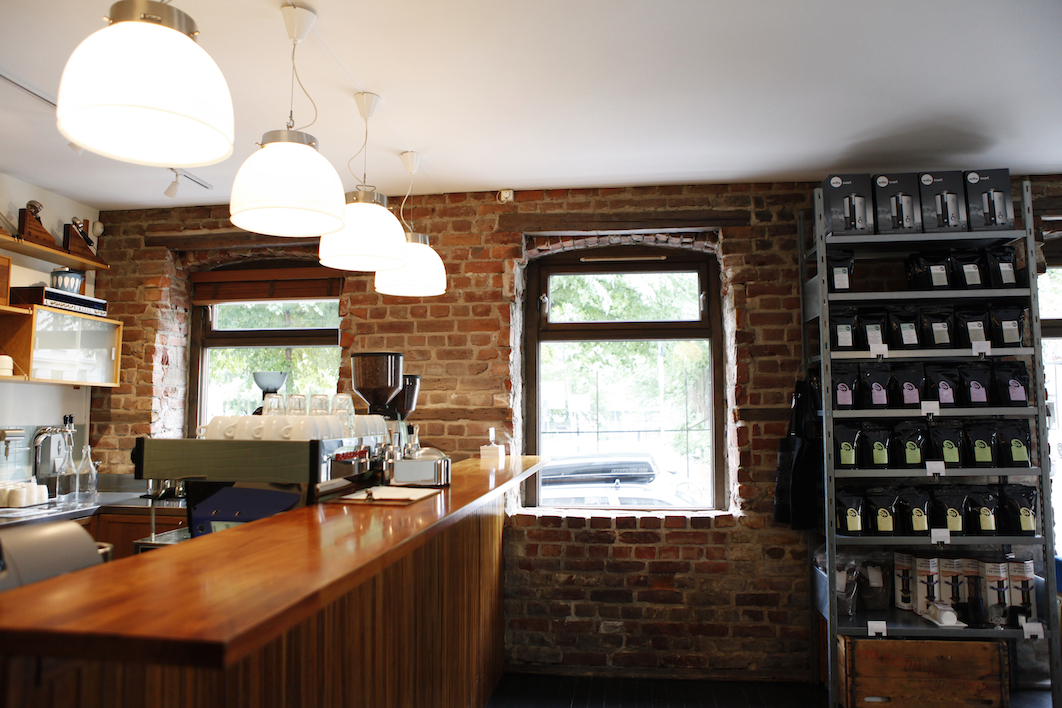

Anna Muzio
Giornalista
Da vent’anni scrivo nell’incrocio tra turismo, food e attualità per testate di settore e non.
Altri articoli
Cafezal, un nuovo luogo a Milano per i coffeelovers
In 500 mq non solo caffetteria ma...
Viaggiare è un po’ gustare: il mondo delle monorigini è un viaggio sensoriale continuo
È l’approccio di Fiorilli Specialty...
Da SCA alla Latte Art, l’arena di HostMilano ospita i campionati del caffè
A fieraMilano Rho dal 22 al 26 ottobre...
Gelato, i 10 gusti più strani si trovano in Lituania
Non solo caffè, utilizzato fin dal...

